By Daily sports on April 6, 2021
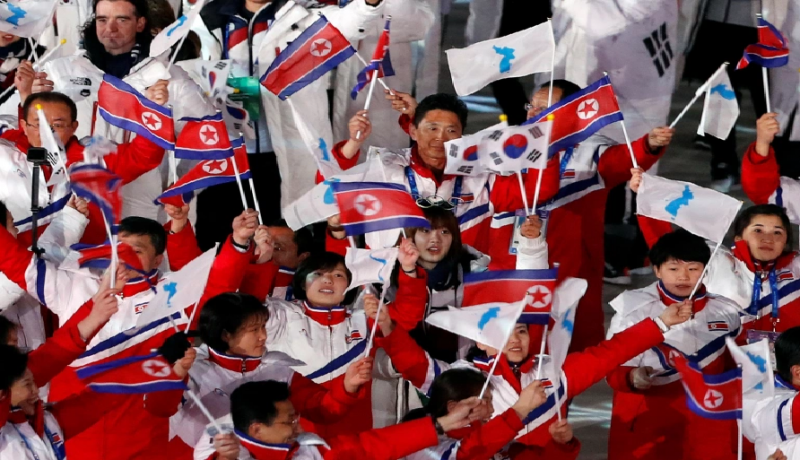
North Korea has announced it will not attend the Tokyo Olympic Games because of coronavirus concerns, dashing South Korean hopes the Games could serve as a catalyst to revive stalled peace talks.
In a statement on Monday, a website run by North Korea’s sports ministry said the country’s Olympic Committee decided not to participate in this year’s Games “in order to protect players from the world public health crisis caused by COVID-19”.
The decision makes it the first time North Korea has missed a Summer Olympics since it boycotted Seoul in 1988 amid the Cold War.
South Korean President Moon Jae-in had hoped the two countries, still technically at war after their 1950-53 conflict ended in a truce, not a peace treaty, could field a combined team in Tokyo and rebuild momentum for improved relations.
The North’s withdrawal from Tokyo is also a setback for plans, agreed at a 2018 summit between Moon and North Korean leader Kim Jong Un, to pursue a joint Korean bid to host the 2032 Games.
South Korea’s Unification Ministry in charge of inter-Korean affairs said on Tuesday that Seoul had hoped the Tokyo Olympics would be a chance to “foster peace and reconciliation between the two Koreas”.
“We regret it could not happen,” it added in a statement.
When South Korea hosted the Pyeongchang Winter Olympics in 2018, North Korea sent 22 athletes along with government officials, performance artists, journalists and a 230-member all-female cheering group.
At the Winter Games, the North and South Korean athletes jointly marched under a blue map symbolizing a unified Korean Peninsula, and the two countries fielded their first combined Olympic team in women’s ice hockey, which drew passionate support from crowds despite losing all five of its games with a combined score of 28-2.
Those games were also much about politics. The North Korean contingent included the powerful sister of North Korean leader Kim Jong Un, who conveyed his brother’s desire for a summit with South Korean President Moon Jae-in, a move which helped it initiate diplomacy with South Korea and the United States.
That diplomacy has stalemated since, and tensions on the Korean Peninsula rose last month when the North resumed missile tests, although both sides said after the launches that they wanted to continue dialogue.
Japanese Olympic Minister Tamayo Marukawa told reporters on Tuesday she was still confirming details and couldn’t immediately comment on the matter. Japan’s Olympic Committee said North Korea has not yet notified it that it wouldn’t participate in the Tokyo Games.
North Korea also has hostile relations with Japan and the two countries do not have any formal diplomatic relations, although talks have been held in the past.
Tokyo has also accused Pyongyang of abducting several of its citizens and Japan has raised concerns in recent years about North Korea’s testing of ballistic missiles, one of which crossed over Japan and landed in the Pacific Ocean.
North Korea had previously boycotted the 1964 Summer Games in Tokyo, although it sent a delegation in both the 1972 Winter Games in Sapporo and the 1998 Winter Games in Nagano.
The North made its decision to pull out of Tokyo at a meeting of its Olympic committee and Sports Minister Kim Il Guk on March 25, the ministry said on its website.
North Korea’s official KCNA news agency had previously reported the committee meeting, without mentioning the Olympic decision.
The March 25 meeting also discussed ways to develop professional sports technologies, earn more medals at international competitions and expand public sports activities over the next five years, the ministry said.
The NK News website reported that domestic sporting events in the country will continue, including reported national sports competitions starting on Monday in Pyongyang to mark the “Day of the Sun” – the birth date of Kim Il Sung, the founder of North Korea, on April 15.
Pyongyang claims it has no coronavirus cases, although experts doubt the assertion. The North describes its anti-virus efforts as a “matter of national existence” and has severely limited cross-border traffic, banned tourists, jetted out diplomats and quarantined tens of thousands of people who had shown symptoms.
•Source: Al Jazeera and News Agencies. PHOTO: Athletes from North Korea and South Korea march together during the closing ceremony of the 2018 Winter Games in Pyeongchang [File: Murad Sezer/Reuters]
Source Daily sports
Posted April 6, 2021
You may also like...
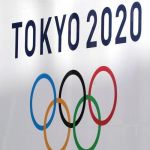
Two Athletes In Olympic Village Positive For Covid-19...

Everton And Liverpool In Derby Stalemate
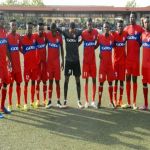
Ikorodu United, Ifeanyi Ubah battle to a draw;...

Barca Beat Sevilla In Dramatic Cup Tie
_150x150.jpg)
Okereke Opens Up On His Wonder Goal
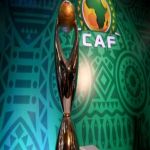
Douala To Host Caf Champions League Final

 Ademola Lookman Becomes Nigeria’s Second-Most Expensive Player After Move to Atletico Madrid
Ademola Lookman Becomes Nigeria’s Second-Most Expensive Player After Move to Atletico Madrid Silva hails Chukwueze progress
Silva hails Chukwueze progress Kun Khalifat face sanction over botched NPFL game
Kun Khalifat face sanction over botched NPFL game_10.jpg) Chelsea beat Man United and Liverpool to sign Super Eagles-eligible teenage star Alao
Chelsea beat Man United and Liverpool to sign Super Eagles-eligible teenage star Alao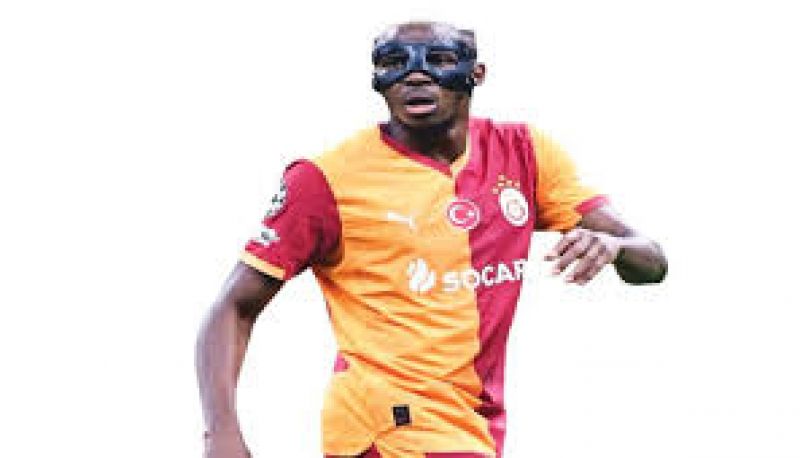 Osimhen scores 200th career goal
Osimhen scores 200th career goal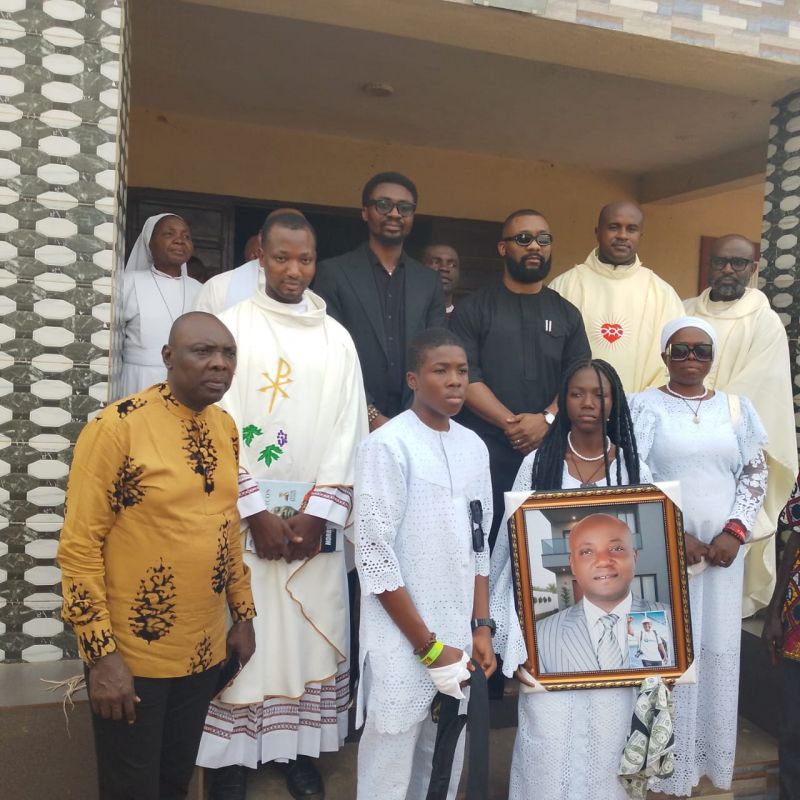 Okoli, Ex- Rangers Spokesman, Laid To Rest @ Amoli Country Home. ...As Club Mgt. Assures Family Of Support
Okoli, Ex- Rangers Spokesman, Laid To Rest @ Amoli Country Home. ...As Club Mgt. Assures Family Of Support Portugal plot Nigeria pre-World Cup friendly
Portugal plot Nigeria pre-World Cup friendly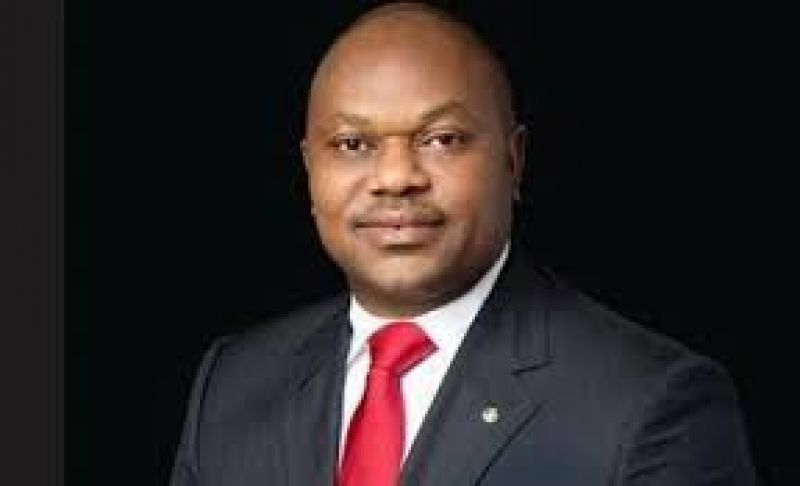 Nigeria host Uzbekistan in 2026 Davis Cup play-off
Nigeria host Uzbekistan in 2026 Davis Cup play-off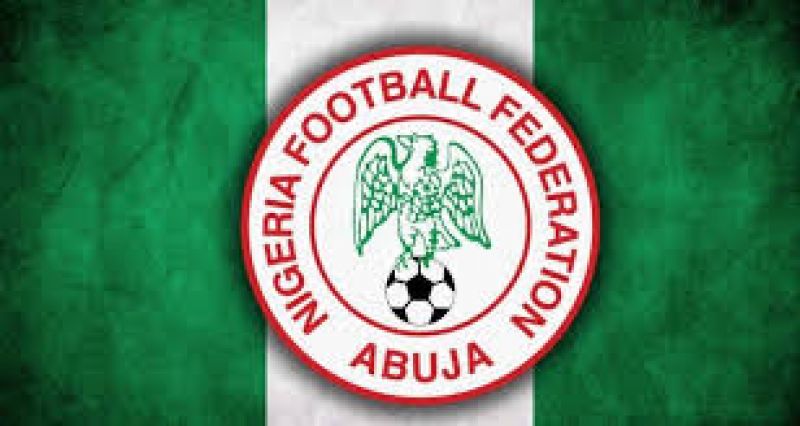 NFF reduces Remo home ban to five games
NFF reduces Remo home ban to five games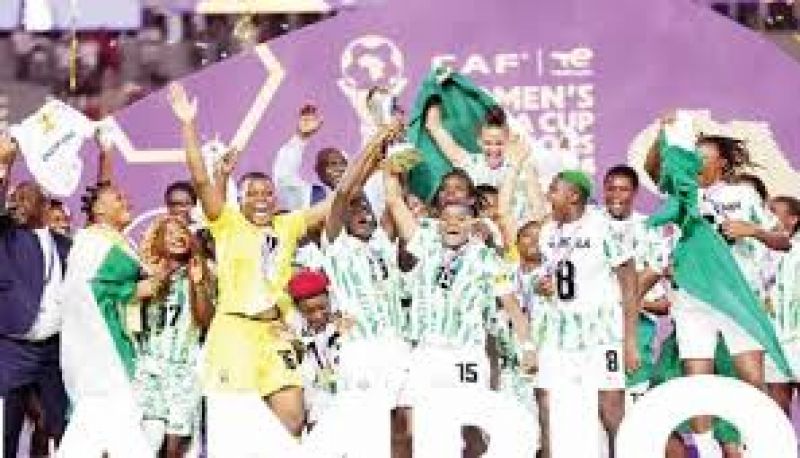 Zambia fire Falcons warning ahead WAFCON 2026
Zambia fire Falcons warning ahead WAFCON 2026 Itauma not ready for Usyk — Ex-champ Nelson
Itauma not ready for Usyk — Ex-champ Nelson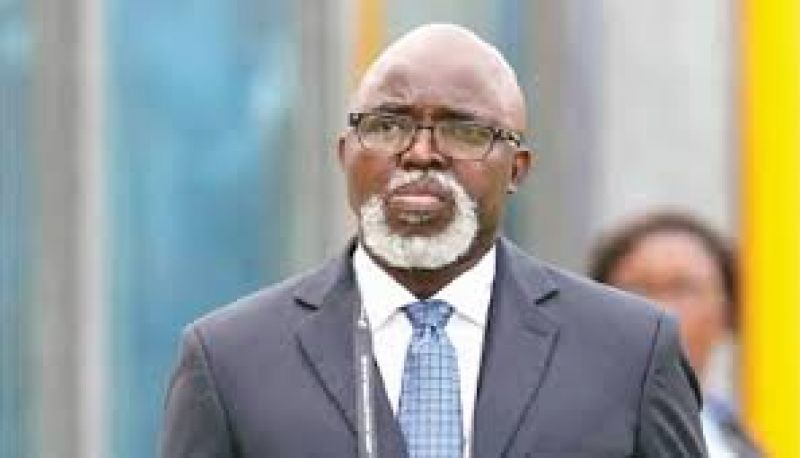 Nigeria wouldn’t miss 2026 W’Cup under me – Pinnick
Nigeria wouldn’t miss 2026 W’Cup under me – Pinnick Rangers International going, going . . . (63,513 views)
Rangers International going, going . . . (63,513 views) Amaju Pinnick: A cat with nine lives (54,810 views)
Amaju Pinnick: A cat with nine lives (54,810 views) Second Term: Amaju Pinnick, Other NFF Heavyweights Home to Roost •How Pinnick Broke the Jinx (52,715 views)
Second Term: Amaju Pinnick, Other NFF Heavyweights Home to Roost •How Pinnick Broke the Jinx (52,715 views) Current issues in Nigerian sports: Matters arising (52,364 views)
Current issues in Nigerian sports: Matters arising (52,364 views) Sports Development: Zenith Bank on the zenith (52,295 views)
Sports Development: Zenith Bank on the zenith (52,295 views) Missing $150,000 IAAF Grant: Solomon Dalung’s Hide and Seek game (52,206 views)
Missing $150,000 IAAF Grant: Solomon Dalung’s Hide and Seek game (52,206 views) Gov. Abdullahi Ganduje’s solid footprints, commitment to sports development in Kano State (52,081 views)
Gov. Abdullahi Ganduje’s solid footprints, commitment to sports development in Kano State (52,081 views) NFF Presidency: Pinnick, Maigari, Ogunjobi, Okoye in Battle for Supremacy (51,626 views)
NFF Presidency: Pinnick, Maigari, Ogunjobi, Okoye in Battle for Supremacy (51,626 views) Olopade, BET9A wave of revolution in NNL (50,801 views)
Olopade, BET9A wave of revolution in NNL (50,801 views) Commonwealth Games 2018: Shame of Muhammadu Buhari, Solomon Dalung (49,327 views)
Commonwealth Games 2018: Shame of Muhammadu Buhari, Solomon Dalung (49,327 views) Ibrahimovic’s Man U exit: Whose decision is it? And in whose interest? (47,719 views)
Ibrahimovic’s Man U exit: Whose decision is it? And in whose interest? (47,719 views) John Mikel Obi: Segun Odegbami’s Outrageous Call! (47,186 views)
John Mikel Obi: Segun Odegbami’s Outrageous Call! (47,186 views)